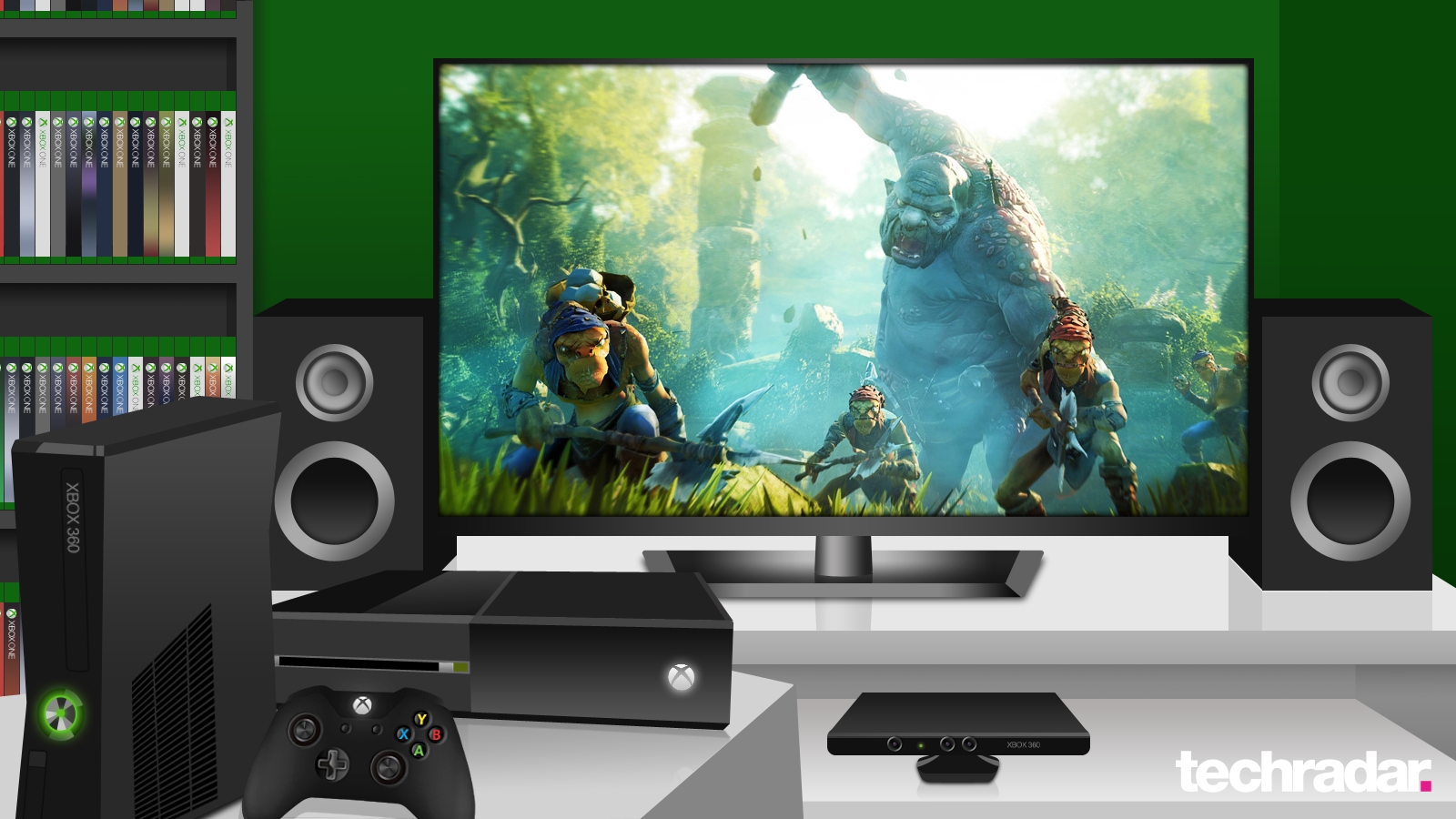How tech shapes the future of gaming: are we better, connected?
For 21st Century games, it's adapt or die

It's 2001, and I'm in my family's study in Ireland.
I'm loading up a game on a dusty old PC that barely has the capacity to run it.
As it judders hesitantly to life, glowing black and white orbs merge together to form a logo; Lionhead.
In this game, I am bestowed a purple tiger that I can use to do battle with distant people over the internet. It's my first real taste of competitive online multiplayer, and I'm in love.
Fast-forward thirteen years and I'm standing in Lionhead's lobby in Guildford, admiring a trophy cabinet proudly showcasing their many successes from that time to this.
My visit marks an important time for the studio - in many ways it feels like the end of an era. We're here to see Fable Anniversary, a remake of the original game, ten years after it was first released.
Once it launches in February, the team's full attention will turn to Fable Legends - its first attempt at an online multiplayer Fable. It's an excellent example of a game that is embracing the connected world in an attempt to stay relevant.
Get daily insight, inspiration and deals in your inbox
Sign up for breaking news, reviews, opinion, top tech deals, and more.
Adapt to survive
"Games aren't isolated experiences any more, and almost every new game today strives to offer you some level of social interaction with other players."
I'll admit, I was originally skeptical on the premise for Legends, a four-player open-world title set hundreds of years prior to the original. Though you could theoretically play it alone with three AI companions, the focus is firmly on multiplayer.
It even allows a fifth character to control the villain of the piece through the Xbox SmartGlass mobile app.
But change is, and always has been, in Albion's blood, the team at Lionhead confidently profess. Fable: The Journey tested the technical capabilities of Kinect on the Xbox 360, whilst Fable Anniversary comes with a fully interactive SmartGlass companion app which acts almost like a touchscreen strategy guide.
Fable games have been somewhat connected before - gold you earned in Fable Heroes could transfer to Fable the Journey, for example, and Fable Coin Golf let you do the same for Fable III. But with the exception of Fable Heroes, the adventures have always been ones that you set out on alone, until now.
Games aren't meant to exist in a bubble any more, and in this console generation in particular, with online-only games like Titanfall, Destiny and The Elder Scrolls Online leading the charge, Lionhead needs to match pace if it wants to keep up.

Players take up arms as one of four heroes: a warrior armed with sword and shield; an elemental mage; a pompous knife-throwing poser and a crossbow-wielding brute. A fifth player can also control the game's villain via a top-down view on SmartGlass, directing minions and setting up ambushes.
Thinking about it, Black & White was the first game that led me to seek out online communities - joining forums to pick up tips on the finer points of Creature care and the best way of getting through that bastard of a final level.
Care in the community
Even back then, Lionhead understood the importance of community, of feedback and active engagement, and that's something the studio has carried forward across all of its Xbox titles.
That understanding of social connectivity played a huge part in deciding who would replace studio head Peter Molyneux when he struck out on his own with new studio 22cans in 2012. John Needam was Molyneux's eventual successor; the former CEO of Cryptic games and Gazillion Entertainment, who brought along with a wealth of experience in the MMO and free-to-play fields.
Because of that background, he sees Fable Legends as a platform from which new Fable experiences will still be happening five, even ten years down the line. In this day and age, he tells me in his office, games should, no, must offer experiences that you naturally want to share with your friends.
The end of the beginning
And so, Fable Anniversary almost feels like a goodbye to the old single player way of thinking.
Games aren't isolated experiences any more, and almost every new game today strives to offer you some level of social interaction with other players.
Those traditionally wary of multiplayer modes - and many gamers are - feel uneasy about the shift.
But Lionhead isn't stupid - it holds up games like Dark Souls and the PlayStation-only Journey as examples of the kind of multiplayer it wants to create. As long as it's true to the franchise, the team say.
Whenever they consider a new feature for Legends, the first question on everyone's lips is, "But is it Fable?"
As part of my trip, we're given the chance to sit down and play the first few hours of Anniversary. And as I'm running around Albion, kicking chickens and farting on unfortunate NPCs, the experience does feel archaic.
Not bad, by any stretch, but quaint, almost. It's oddly fitting, and Anniversary, though conceived through one of the company's brainstorming Creative Days, seems like perfect timing.
As Albion itself has advanced from its pastoral roots to a more industrial setting over the years, so too has its creators moved to embrace new technology and trends.
More gaming columns
